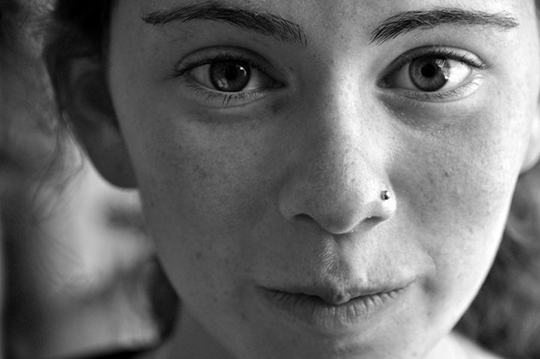I’m a fiction judge for this year’s Best Translated Book Award, which means evaluating the English translations of dozens of novels and story collections by writers representing many countries and languages, a thrilling assignment and one that richly sustained my 2016 reading. By happenstance a number of the books that I’ve read most recently explore the theme of redemption—fertile ground for authors to delve into a character’s sense of moral self, the tangle of thoughts and motivations that enable her to marginalize wrongs or justify culpability. The gifted authors of these books deserve our admiration for creating character-driven narratives that artfully articulate humankind’s innate hopefulness that past wrongs can be rectified and personal guilt, absolved.
Juan Gabriel Vásquez’s Reputations (translated by Anne McLean) places readers in the fictional world of Javier Mallarino, a renowned Columbian political cartoonist. Mallarino prides himself in exposing his country’s corruption and political scandals through his daily newspaper cartoon. He possesses the unwavering conviction that his drawings are vitally important for delivering potent truths, “like a stinger dipped in honey.” Years after one of his caricatures destroys the life of a prominent politician Mallarino becomes acquainted with the man’s alleged victim, and their discussions cause him to question the infallibility of his prior condemnation and the consequences of his influence. In an effort to rectify what might have been defamation Mallarino decides to go public with his doubts about the politician’s guilt, an act that will cause the media to turn on him, humiliating him in much the same way that his cartoons humiliated countless others in the past. Reputations is a fascinating study of a man whose entire sense of self-worth is his reputation—the very thing that he must sacrifice in order to redeem himself. READ MORE…



